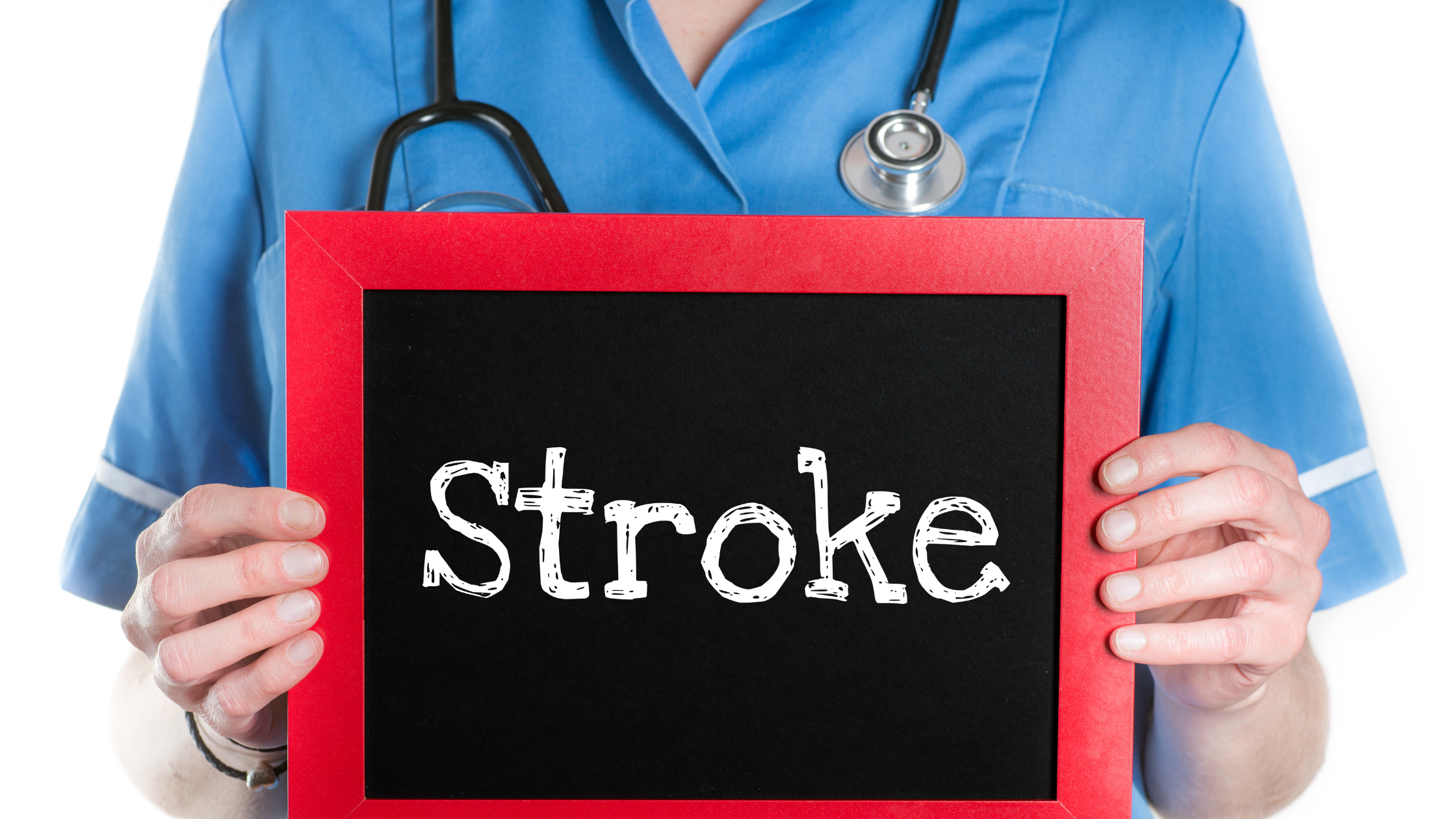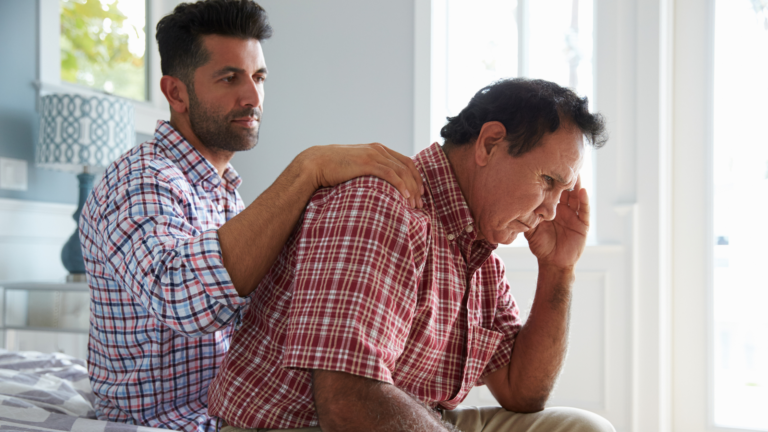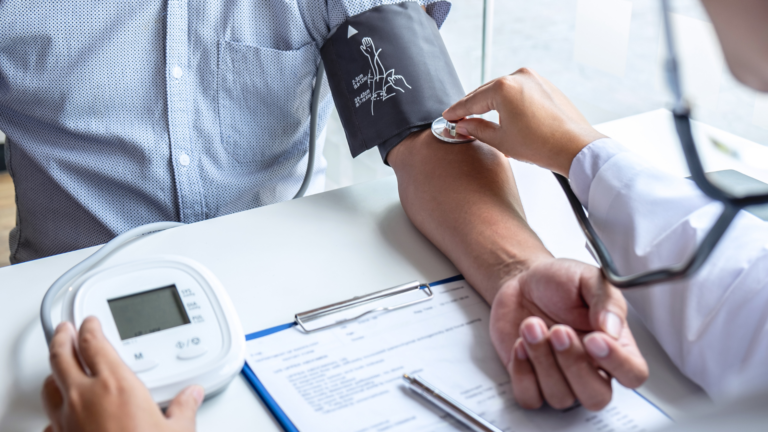Stroke & COVID-19
What is a Stroke?
When blood stops flowing to any part of the brain damage to brain cells occurs. This is a stroke. The effects of this depend on which part of the brain suffered damage and the severity of the damage.
Generally, there are 3 main types of stroke: Ischemic, Transient Ischemic Attack, and Hemorrhagic. In rare cases, a tumour, infection, or brain swelling from an injury or illness could cause a stroke. Irregularities in the arteries of some people at birth can cause a stroke later in life.
Stroke Prior to COVID-19
Having a history of stroke does not seem to make an individual more likely to get COVID-19. However, if contracted, an individual with a history of stroke may be at risk for more serious complications and symptoms associated with COVID-19. Risk factors that go with stroke such as, age, diabetes, lung problems, high blood pressure, and poor cardiovascular reserve can place stroke survivors at a higher risk if exposed or infected.
Around 10% of stroke survivors get severe cognitive impairment (e.g., dementia). Around 10-20% previously had dementia prior to having a stroke (as there are many similar risk factors for these two diseases). Severe cognitive impairments create another set of risk factors for contracting COVID-19. For more information see the Dementia and COVID-19 resource.
If a stroke survivor suffers from lung problems they may face heightened difficulties if they contract COVID-19. If a stroke survivor is also a smoker, it is highly advised to quit smoking at this time, as this further increases one’s risk.
Many stroke survivors require a high degree of care and support, which can make social distancing hard. Many survivors have outside care coming into their residences and receive caregiving or nursing care of some sort. It is important that individuals who have previously suffered a stroke are supported to minimize exposures while still receiving what is necessary. It is important to social distance, but to not social isolate.
With a proper plan, stroke survivors can receive the care, supplies, and social interactions they need without being placed at unnecessary risk.
Some tips for stroke survivors during the pandemic:
- Have a plan (contact numbers of trusted family members or friends that can help you in a time of need, deliveries for food and medicine, lists and reminders)
- Proper supplies (a stock of food items (being mindful not to stockpile) and necessary medicines (~ 1 month supply)
- Utilizing care organizations that are specific to your situation (i.e. Heart & Stroke Foundation)
- Take steps to prevent another stroke event and hospitalization (increased risk of infection)
- Virus prevention (washing hands regularly, wearing. mask, avoiding unnecessary social interaction)
*There are questions about whether a previous stroke survivor is at higher risk for having another stroke if they contract COVID-19. At this time there is not enough data to support either side of the argument.
Stroke as a Result of COVID-19
This is an ongoing topic. New and more data will and is emerging surrounding the risk of having a stroke following contracting COVID-19. As more data is collected and this virus is better understood there will be more clarity with regards to stroke risk and COVID-19.
Some hypothesis regarding COVID-19 leading to a stroke:
- Possible contributing factor of antibodies being produced
- Pathological endothelial cells (line arteries) being attacked by the virus resulting in thrombosis
- Injury to the heart leading to brain damage
- Small vessel inflammation in the brain (still identifying if the virus can enter the brain)
Note: the above points are yet to be proven and are just theories and ideas as to why some patients have a stroke as a result of contracting COVID-19.
Main Point
Overall, being a stroke survivor does not necessarily put one at a higher risk for contracting COVID-19. However, risk factors associated with stroke (age, diabetes, lung problems, high blood pressure, and poor cardiovascular reserve) may. Further, if you are a stroke survivor and suffer from cognitive impairment it is imperative that you and/or your support network has a plan in place to keep you safe and healthy during this time.
Sources:
https://weillcornell.org/news/what-to-know-about-stroke-and-covid-19




